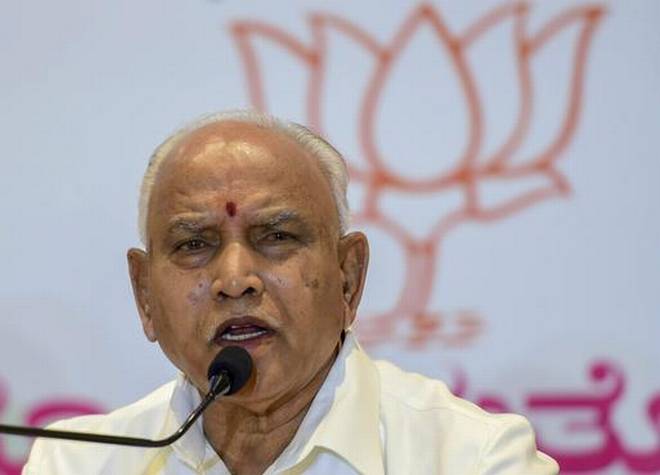New Delhi, Jan 28: The Supreme Court of India today granted bail to 17 convicts sentenced to life imprisonment in 2002 Gujarat massacre case, pending their appeal before the Supreme Court.
The convicts also have to participate in social and spiritual services, said the court, announcing the riders for bail.
The Bench of Chief Justice of India SA Bobde and Justices BR Gavai and Surya Kant directed for the convicts to be segregated into two groups to be sent to Indore and Jabalpur.
District legal authorities in Indore and Jabalpur in Madhya Pradesh have been asked to ensure that the convicts do the spiritual and social work the court has asked for.
The Supreme Court has also asked the administration to find them work for livelihood. The state legal services authority has been asked to file a compliance report as also report on their conduct.
The case concerns the mass killing of 33 innocent Muslims - mostly women and children - who were burnt alive at Sardarpura village in March 2002.
This was part of the mass massacre that swept through Gujarat in the aftermath of the death of train passengers on Sabarmati Express in Godhra on Feb 27, 2002. Thousands of innocent Muslims were killed and raped in the three-day violence. The victims include hundreds of children including newborns.
In 2016, the Gujarat High Court had upheld the conviction of 17 accused in the Sardarpura massacre case.
Earlier, a Special SIT court had convicted a total of 31 persons in the case, after three years of trial against 73 persons from Sardarpura and nearby villages.







Comments
Justice denied.RIP Justice.
BJP Boot lickers
2000 people including small child and not born child has been killed in gujrath riot...forget about people even GOD also not show mercy on them.
the man who protect the criminal is equal to the man who did the crime.
Justice delayed is Justice denied!!!! Supreme court since last 6 months taking decission not as per Just. please Uphold the Supreme court Honour as its noble institution.as culprit must be punished so has to set example for the wrong doers.
Wah, the real culprit who orchestered the complete episode has been PM to commit more such.
This man need to be facing the similar justice system. He knows, this is India, anything can be done.
Only these few are punished.
We will see the justice is really done as per real justice.
Ham bhee dekhenge
For the sake of God please do not call them JUSTICE. If they str aware of meaning of word justice then they would have given death penalty to all the culprits. So sad that supreme court of india is running as per the instructions of MODI govt. RIP Justice
Add new comment